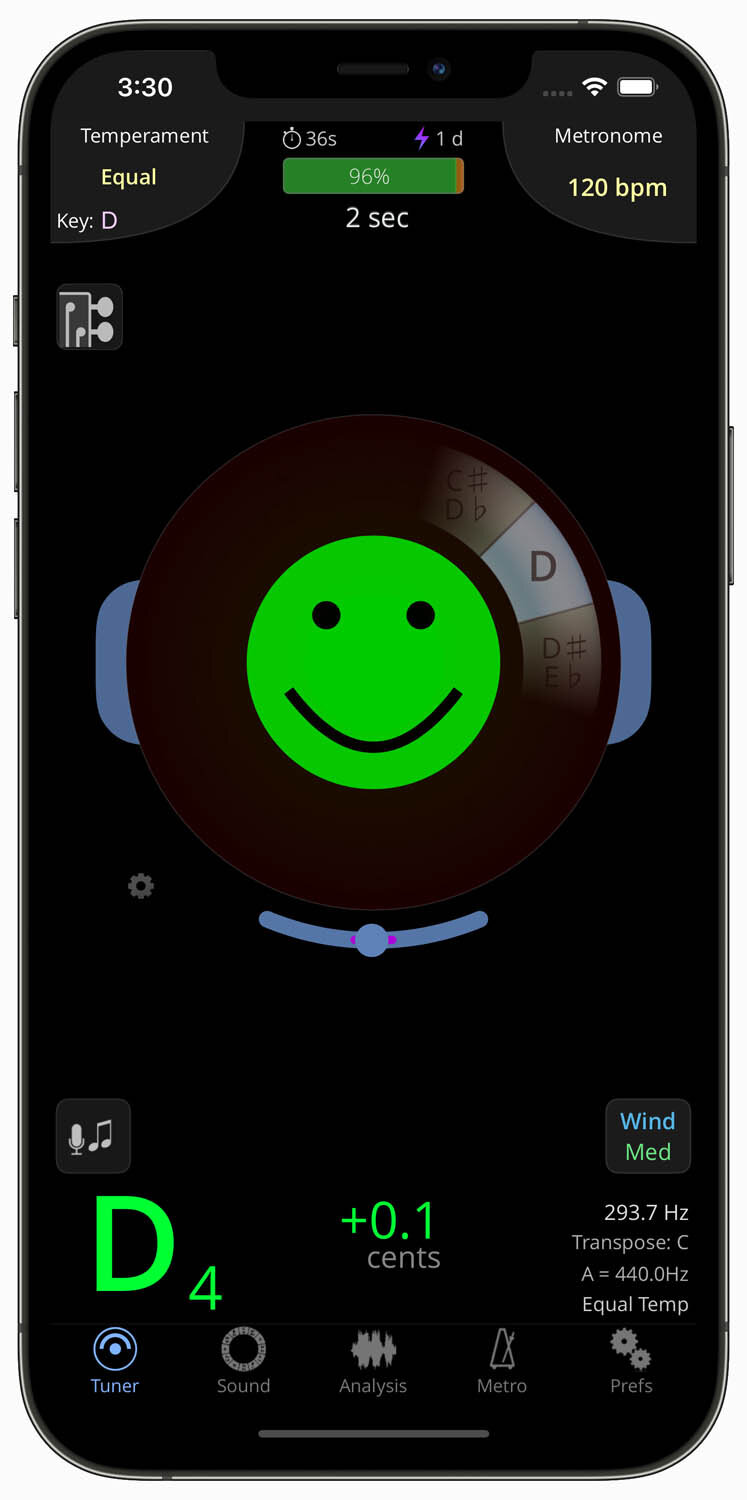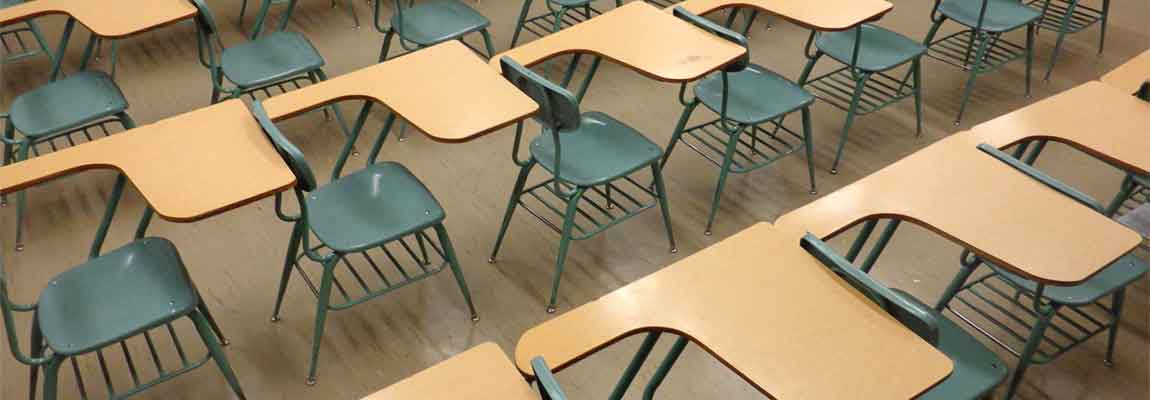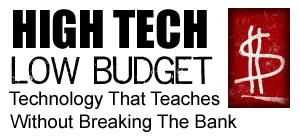Music is a beautiful language, but like any language, it relies on clear communication. Just like people speaking the same language can do so with different accents to their voice so too can musicians play the same note but with slight changes in the way it sounds. The pitch may be a bit high or a bit low, and over the centuries musicians have come up with ways to analyze these differences so that multiple musicians can better "play in tune." Just as proper grammar and pronunciation are essential for understanding spoken words, playing in tune is paramount for creating harmonious music. This is where the tuner comes in. For the beginner (or even the more advanced musician) it can be a vital tool for developing accuracy of pitch.
Bing Music Search Now With Free Listens!
.jpg) Have you ever heard about a new song that you wanted to listen to but did not want to purchase it or subscribe to a music service to do so? Sure, you can go to Amazon or iTunes and listen to a small segment of the song but that is usually less than satisfying. Now the search engine Bing has made another shot across the bow of Google and Yahoo by offering users the chance to listen to an entire song for free (once) when they find it through a Bing search.Â
Have you ever heard about a new song that you wanted to listen to but did not want to purchase it or subscribe to a music service to do so? Sure, you can go to Amazon or iTunes and listen to a small segment of the song but that is usually less than satisfying. Now the search engine Bing has made another shot across the bow of Google and Yahoo by offering users the chance to listen to an entire song for free (once) when they find it through a Bing search.Â
AlphaNotes Font in Finale 2011 Solved?
 Last week I did a review of the new release of Finale 2011 and although I was pretty happy with it there was one thing that I just could not figure out how to do, even with the help of the online help files and tutorials. Luckily it seems that Justin Phillips over at Finale is either psychic or had read my review because he just posted a blog post on how to use the AlphaNotes font in Finale 2011.
Last week I did a review of the new release of Finale 2011 and although I was pretty happy with it there was one thing that I just could not figure out how to do, even with the help of the online help files and tutorials. Luckily it seems that Justin Phillips over at Finale is either psychic or had read my review because he just posted a blog post on how to use the AlphaNotes font in Finale 2011.
It turns out that if you do it one specific way it is pretty easy to use AlphaNotes, but it requires you to start a new document using one of the education templates. I'm still a little perplexed on how to force a single note or phrase into AlphaNotes but I wanted to put kudos out to Justin for pointing out at least one way to get started using it.
Finale vs Sibelius- The File Sharing Sparring Match
 I was skimming the home page of MusicEdMagic yesterday to check the latest blog posts from other music education authors when I noticed an interesting back and forth between Tom Johnson of Finale and Daniel Spreadbury of Sibelius. Essentially they got into a little sparring match over which software truly was more user friendly when it came to sharing scores with other people. Tom made the opening salvo in his blog post titled "Finale Shares Better," when he posited that Finale was better for sharing due to its ability to open and edit files in any Finale notation product, from Finale 2010 all the way down to Notepad. That same day Daniel fired back in his post, "Share and Share Alike," countering with the convenience and accessibility of using Scorch to publish Sibelius files to the web for free or for sale. They each had a few other points as well, and while some of them make sense to me, others do not. I thought it might be fun to dissect the positions of both sides and see where things fall out, so here we go.
I was skimming the home page of MusicEdMagic yesterday to check the latest blog posts from other music education authors when I noticed an interesting back and forth between Tom Johnson of Finale and Daniel Spreadbury of Sibelius. Essentially they got into a little sparring match over which software truly was more user friendly when it came to sharing scores with other people. Tom made the opening salvo in his blog post titled "Finale Shares Better," when he posited that Finale was better for sharing due to its ability to open and edit files in any Finale notation product, from Finale 2010 all the way down to Notepad. That same day Daniel fired back in his post, "Share and Share Alike," countering with the convenience and accessibility of using Scorch to publish Sibelius files to the web for free or for sale. They each had a few other points as well, and while some of them make sense to me, others do not. I thought it might be fun to dissect the positions of both sides and see where things fall out, so here we go.
Read more: Finale vs Sibelius- The File Sharing Sparring Match
Music and Video Piracy Studies Get Blasted By US Government
 Not too long
ago my son's cub scout den was having a sleep-over party and the big
decision to be made was which movie to watch. Each of the boys had
brought along their own favorite movies and it was up to me to decide
which ones were appropriate and which ones were not. In the pile was a
burned DVD with the hand written words "Tooth Fairy," relating to
a newly released comedy that was still in theaters but not released on
DVD as yet. All the kids knew that it was there and they all wanted to
see it. Unlike the legal gray area of fair use and making backup copies
of DVD's for the owners personal use, this one was cut and dried
illegal as the only way he could have got a hold of it was to have
copied it illegally off of the Internet or some other source.
Not too long
ago my son's cub scout den was having a sleep-over party and the big
decision to be made was which movie to watch. Each of the boys had
brought along their own favorite movies and it was up to me to decide
which ones were appropriate and which ones were not. In the pile was a
burned DVD with the hand written words "Tooth Fairy," relating to
a newly released comedy that was still in theaters but not released on
DVD as yet. All the kids knew that it was there and they all wanted to
see it. Unlike the legal gray area of fair use and making backup copies
of DVD's for the owners personal use, this one was cut and dried
illegal as the only way he could have got a hold of it was to have
copied it illegally off of the Internet or some other source.
Needless
to say I didn't let them watch the movie, and without damaging the
scout's self-esteem I made sure to turn it into a teachable moment about
how good scouts should be aware of and follow the law, even when it
comes to movies and music downloads. We even went into a short
discussion about how downloading illegal music and piracy in general
hurts other people.
The thing is, according to a
new report out this week from the US Government Accounting Office (GAO)
it appears that digital media pirates might not be the only ones that
are being dishonest. More specifically the report calls on the floor
the RIAA and MPAA for using flawed data and citing
non-existent federal studies to bolster their multi-million dollar
piracy claims.
Read more: Music and Video Piracy Studies Get Blasted By US Government
Never Give Up On A Student
 The best teachers are those who never give up on their students. Most teachers would probably say that they never would do such a thing, but consider these words of wisdom paraphrased from Randy Pausch, author of "The Last Lecture."
The best teachers are those who never give up on their students. Most teachers would probably say that they never would do such a thing, but consider these words of wisdom paraphrased from Randy Pausch, author of "The Last Lecture."
When a coach or teacher is hard on their students, constantly pushing them to try harder or to do things better, that is a good thing, even when the child does not think so. Pushing a person to be the best they can be is important, because the alternative is to ignore their deficiencies. When you begin to ignore a student's deficiencies you begin to travel a slippery slope that leads to you giving up completely on that student.
Eric Whitacre- Virtual "Lux Aurumque" on YouTube
I will make no bones about it, Eric Whitacre is probably my favorite contemporary composer, and the fact that he primarily does choral music versus band is no big deal to me whatsoever. Especially when I see one of my favorite pieces, "Lux Aurumque," being performed in a whole new way. Check out the video below, and if you have enough bandwidth crank it up to its full 1080p full screen glory. I have to think that they had to do some major audio editing, but I am going to give them the benefit of the doubt and assume that it is the real deal. As one commentor said, "isn't technology amazing?"
Â
Is Beta Blocker Use By Musicians A Form Of Doping? - Opinion
 In professional and amateur sports there are serious rules about using performance enhancing drugs. Across the world using such drugs is considered a cheat and getting caught using them carries a stigma that is incredibly difficult to overcome. The musical world has no such rules and probably a more colorful history than most professions in this regard, but a new kind of drug is slowly creeping into the music education arena. The use of the drug combats one of the most common ailments of all musicians, performance anxiety or stage fright. The drug? A type of prescription pharmaceutical known as a beta blocker.
In professional and amateur sports there are serious rules about using performance enhancing drugs. Across the world using such drugs is considered a cheat and getting caught using them carries a stigma that is incredibly difficult to overcome. The musical world has no such rules and probably a more colorful history than most professions in this regard, but a new kind of drug is slowly creeping into the music education arena. The use of the drug combats one of the most common ailments of all musicians, performance anxiety or stage fright. The drug? A type of prescription pharmaceutical known as a beta blocker.
Read more: Is Beta Blocker Use By Musicians A Form Of Doping? - Opinion
Teaching Students To Protect Their Reputation Online
 At one of the schools I work at is a wonderful technology teacher that is constantly forwarding great links to information to use in class. Recently she sent us a link to a short movie that has to do with teaching kids to think about protecting their reputation while online. Considering the many examples of adults posting stupid things to their Facebook and Twitter accounts I kind of have to think that this would be good information for teachers to take a look at too as well as share with their students if the opportunity arises. The video is called Protecting Reputations Online in Plain English and is made available by a web site called CommonCraft. It presents a very useful message for those who are not up to speed on exactly how the Internet archives all of the information that is posted to it.
At one of the schools I work at is a wonderful technology teacher that is constantly forwarding great links to information to use in class. Recently she sent us a link to a short movie that has to do with teaching kids to think about protecting their reputation while online. Considering the many examples of adults posting stupid things to their Facebook and Twitter accounts I kind of have to think that this would be good information for teachers to take a look at too as well as share with their students if the opportunity arises. The video is called Protecting Reputations Online in Plain English and is made available by a web site called CommonCraft. It presents a very useful message for those who are not up to speed on exactly how the Internet archives all of the information that is posted to it.
FCC Rule Makes Hundreds of Wireless Microphone Systems Illegal To Use
.jpg) Over the last few years the FCC has began to reshuffle the way it hands out licenses for the wireless radio spectrum. The most notable of these has been the transition to digital television from the old style analog TV, but now this transition may bite your music program in a way you had not expected. Certain wireless microphone systems will now be illegal to use under the new rules. Will the airwave police come battering down your office door the next time you use your school or church's wireless microphone system?
Over the last few years the FCC has began to reshuffle the way it hands out licenses for the wireless radio spectrum. The most notable of these has been the transition to digital television from the old style analog TV, but now this transition may bite your music program in a way you had not expected. Certain wireless microphone systems will now be illegal to use under the new rules. Will the airwave police come battering down your office door the next time you use your school or church's wireless microphone system?
Read more: FCC Rule Makes Hundreds of Wireless Microphone Systems Illegal To Use
Blind Marching Band Marches In Rose Bowl Parade
 Like most band directors I have had many students with special needs in my marching band program over the years. From the most minor of issues to more serious ones the most important thing for these students was simply being able to have the opportunity to be a part of the band and have fun making music. Regardless of the student's abilities just having them in the program was blessing on many levels both for me and for the student. In a recent issue of the NEA Magazine I happened across an article titled Six Miles in Pasadena. It tells the story of a very unique marching band from Ohio, one that after years of hard work and effort finally made it to Pasadena, California to march in the 2010 Parade of Roses. Take a look and prepare to be inspired.
Like most band directors I have had many students with special needs in my marching band program over the years. From the most minor of issues to more serious ones the most important thing for these students was simply being able to have the opportunity to be a part of the band and have fun making music. Regardless of the student's abilities just having them in the program was blessing on many levels both for me and for the student. In a recent issue of the NEA Magazine I happened across an article titled Six Miles in Pasadena. It tells the story of a very unique marching band from Ohio, one that after years of hard work and effort finally made it to Pasadena, California to march in the 2010 Parade of Roses. Take a look and prepare to be inspired.
What Music Ed Web Resources Can You Not Live Without?
 I was weed whacking through my bookmarks list yesterday and got to thinking about all of these hundreds of web based resources that we as music educators have available to us. I was wondering, what are the web sites that you most commonly use to prepare for or to help teach your classes? Are there any sites or software tools that stand out in your mind as those that every music educator should use? Are there some out there that you think are being underutilized but that really are helpful to you as an individual?
I was weed whacking through my bookmarks list yesterday and got to thinking about all of these hundreds of web based resources that we as music educators have available to us. I was wondering, what are the web sites that you most commonly use to prepare for or to help teach your classes? Are there any sites or software tools that stand out in your mind as those that every music educator should use? Are there some out there that you think are being underutilized but that really are helpful to you as an individual?
Read more: What Music Ed Web Resources Can You Not Live Without?
Page 14 of 28
Most Popular Articles
- Music Searches By Lyrics: Finding a song title when all you have are a few words
- Free Music Composing and Notation Software- 2015
- Free Lyrics and Sheet Music for Popular Songs
- Band Lesson Plans- Beginning Band Basics
- Portable Digital Audio Recorder Buying Guide With Reviews
- Music CD-R vs. Data CD-R: Is There A Difference?
- Where To Download Free Karaoke Songs
- How to Download Music to CD
- MuseScore Free Music Notation Software
- Low Cost MusicTechnology Options For The Music Education Classroom
Popular Downloads
-
default Star Spangled Banner-Trombone Popular
-
default O Holy Night- Voice PopularIn O Holy Night
-
default O Holy Night - Piano PopularIn O Holy Night








 Scroll down to view the comparison chart of over a dozen different portable digital audio recorders.
Scroll down to view the comparison chart of over a dozen different portable digital audio recorders.

